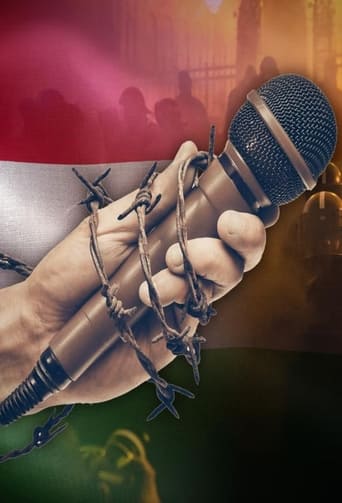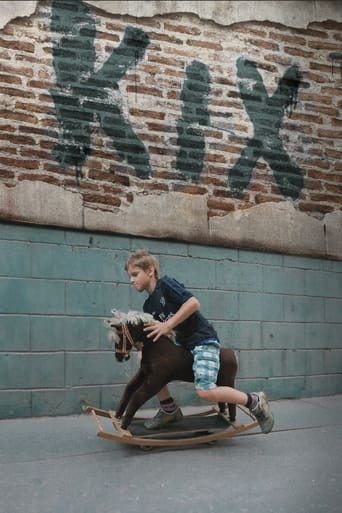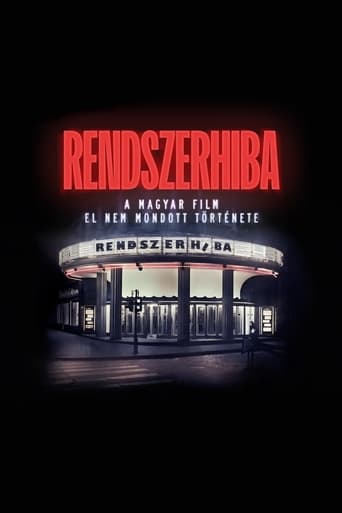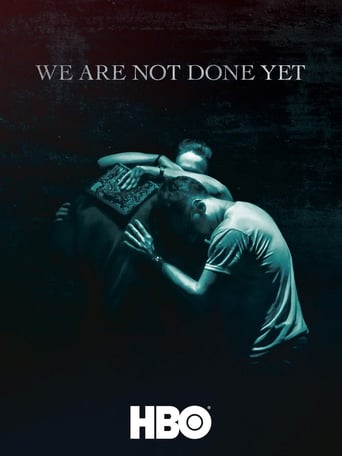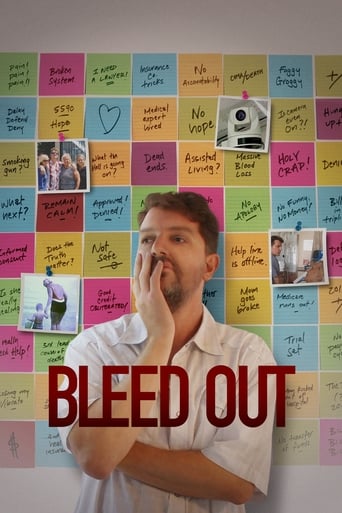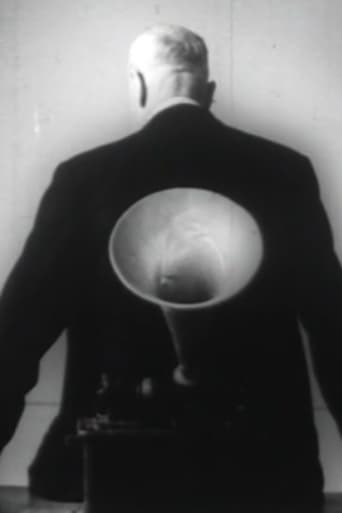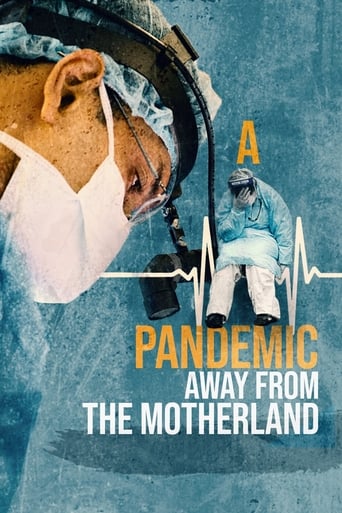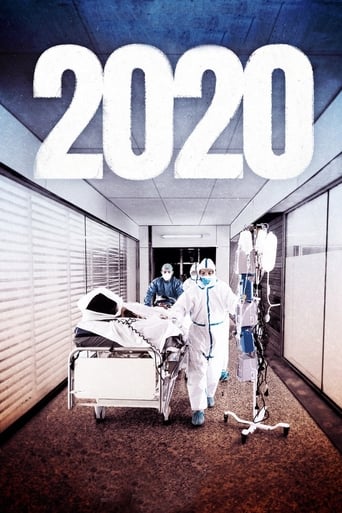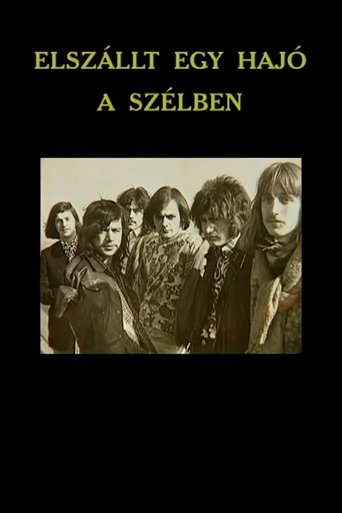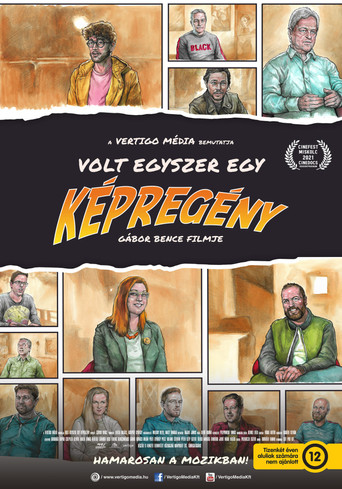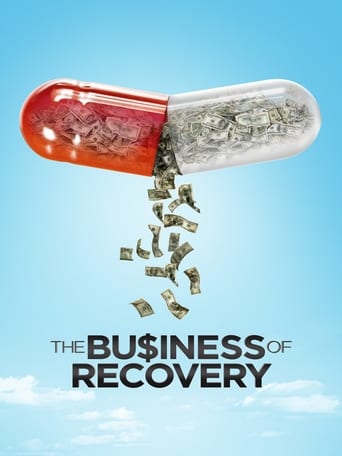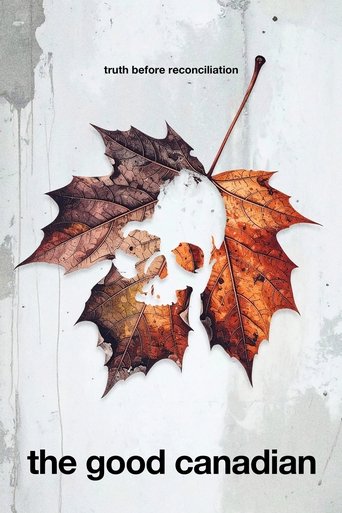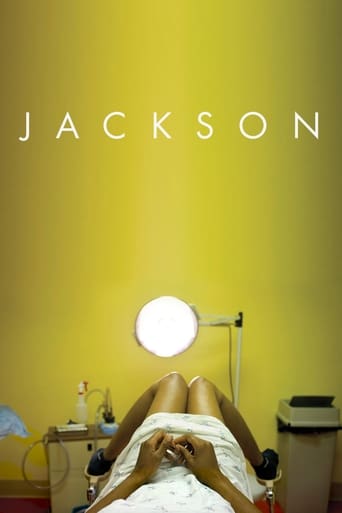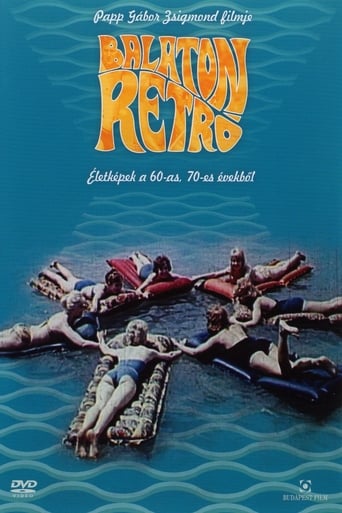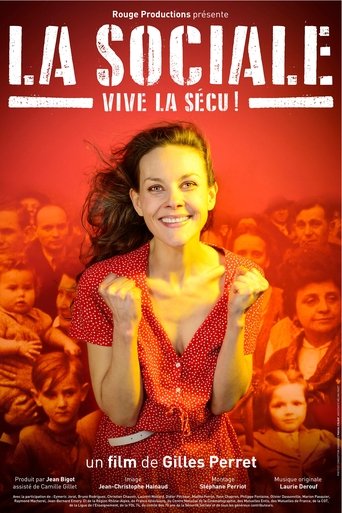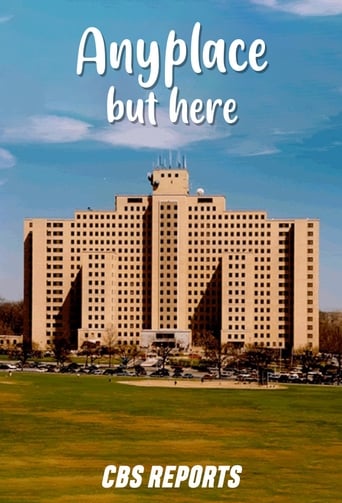
01 Jul 1978

Anyplace But Here
A documentary part of CBS reports. The plight of mental patients fit for discharge, but who find themselves thrust into communities unprepared to treat or accept them is the focus of this documentary narrated by Bill Moyers. The dilemma of being as scared of getting well as of remaining ill and facing a world with no home or job to go to is vividly portrayed as the film follows three patients as they move into rare transition programs.
